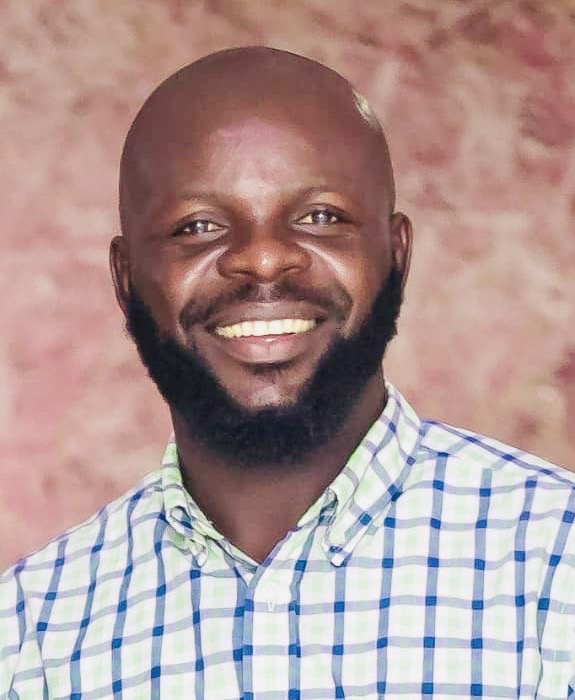Drug Abuse, major threat to Nigeria’s security, stability –NGO
By Akpan Glory
The Standsafe Society Against Drugs and Substance Abuse (SSADASA), a non-governmental organisation, has called for urgent action to address drug abuse, noting its links to Nigeria’s broader development challenges.
Speaking to the News Agency of Nigeria (NAN) on Wednesday, the organisation’s Executive Director, Mr Godwin Bebiem, identified drug abuse as a major driver of violence, insecurity, and socioeconomic difficulties across the country.
Citing a 2022 Statista report, Bebiem noted a huge rise in drug use and crime across Nigeria’s six geopolitical zones between 2018 and 2019.
“Drug abuse has become a scourge that is deeply embedded in the fabric of our society.
“This has contributed to the alarming issues we see in our homes and communities today”.
Bebiem stressed the importance of a coordinated approach among security agencies.
He recommended that the National Drug Law Enforcement Agency (NDLEA) conduct training for government officials, private sector representatives, and civil society organisations (CSOs) on managing drug-related issues.
He also proposed the creation of a specialised taskforce to address the production, distribution, and sale of illicit drugs within Nigeria and across the ECOWAS region.
Furthermore, Bebiem advocated for youth-focused initiatives, such as the ‘Catch Them Young’ programme, aimed at establishing anti-drug clubs in schools, motor parks, and other institutions.
He suggested that organisations like the NDLEA, the Institute for Peace and Conflict Resolution (IPCR), and SSADASA lead these efforts.
Bebiem called for a nationwide survey to provide data-driven insights into drug-related issues and inform effective solutions.
He urged security agencies and CSOs to strengthen their outreach efforts through advocacy and public awareness campaigns.
He emphasised the importance of widespread advocacy involving government and private institutions, healthcare providers, and schools to prevent drug abuse, particularly among the youth.
“The prevention of drug abuse must begin with education and outreach at all levels of society,” he said.
Bebiem also called on the government to strengthen primary healthcare by providing counselling services at grassroots levels, training additional personnel.
He added that deploying them to primary health centres would help to address addiction more effectively.
On socioeconomic measures, he urged the federal and state governments to partner with international organisations and donor agencies for national campaigns and family support initiatives.
He further recommended the establishment of vocational training centres in Nigeria’s six geopolitical zones to empower unemployed individuals and reduce their vulnerability to drug abuse.
The executive director highlighted the importance of regulating social media, advocating for policies to censor harmful content.
He also called for greater parental supervision and the establishment of professional caregiving institutions to protect children from drug-related crimes and violence.
“One of the key recommendations in our last workshop was to regulate social media content while encouraging parents to monitor what their children consume online,” he explained.
Bebiem, however, called for a unified national response to address the drug abuse crisis.
“This is a critical call for help to all government agencies, organisations, and international partners.
“We must work together to create a safe and healthy society that fosters the development of our citizens and the nation as a whole,” he said.
He also stressed the need for a comprehensive five to 10 year strategic plan to address the security, health, and socioeconomic consequences of drug abuse in Nigeria and the ECOWAS region. (NAN) www.nannews.ng
Edited by Tosin Kolade




